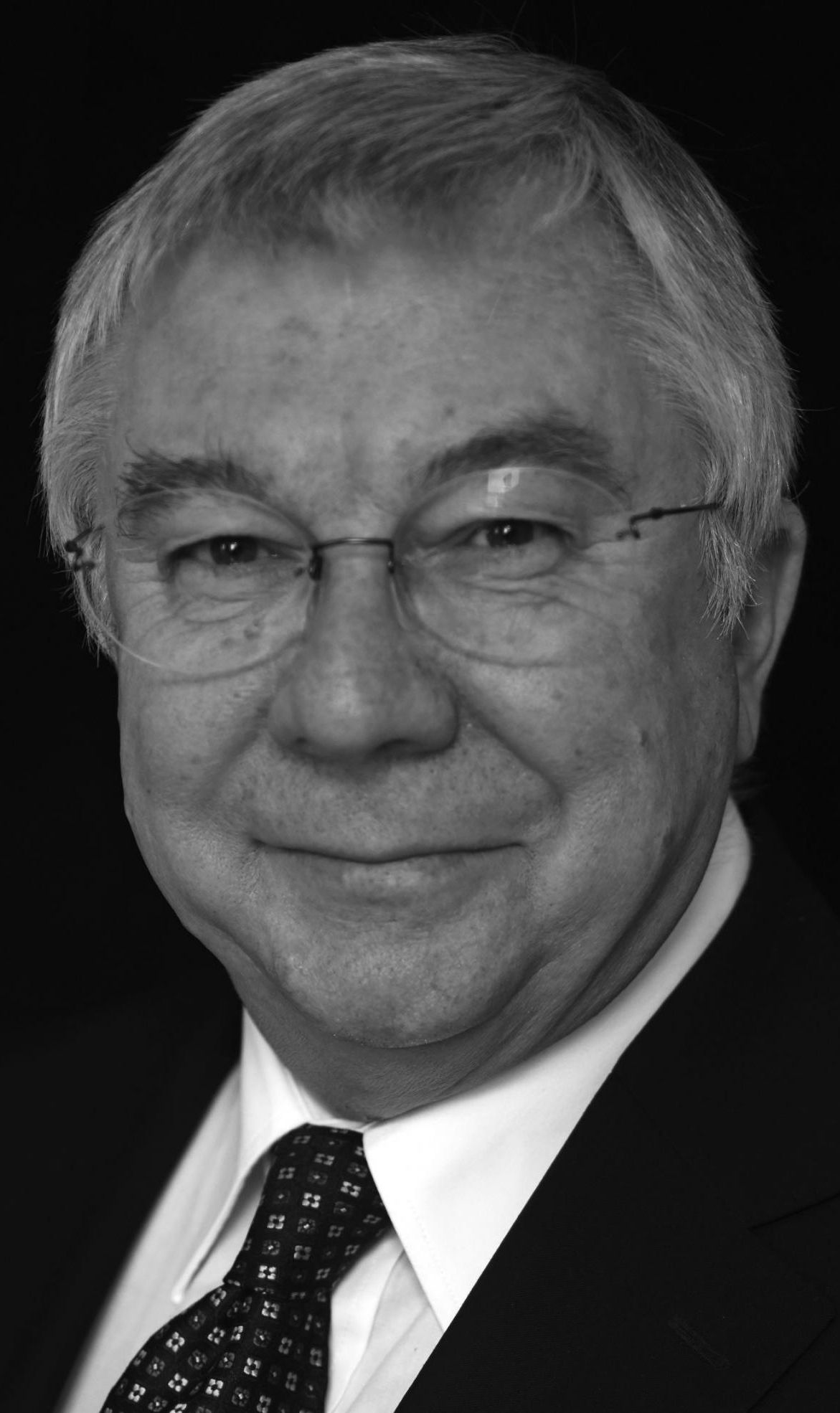Is quantum technology the future of the 21st century? On the occasion of the 66th Lindau Nobel Laureate Meeting, this is the key question to be explored today in a panel discussion with the Nobel Laureates Serge Haroche, Gerardus ‘t Hooft, William Phillips and David Wineland. In the following interview, Professor Rainer Blatt, internationally renowned quantum physicist, recipient of numerous honours, Council Member and Scientific Co-Chairman of the 66th Lindau Meeting, talks about what we can expect from the “second quantum revolution”.
Blatt has no doubt: quantum technologies are driving forward a technological revolution, the future impact of which is still unclear. Nothing stands in the way of these technologies becoming the engine of innovations in science, economics and society in the 21st century. Early laboratory prototypes have shown just how vast the potential of quantum technologies is. Specific applications are expected in the fields of metrology, computing and simulations. However, substantial funding is required to advance from the development stage.
Professor Blatt, the first quantum revolution laid the physical foundations for trailblazing developments such as computer chips, lasers, magnetic resonance imaging and modern communications technology. In the Quantum Manifest published in mid-May, researchers now talk about the advent of a second quantum revolution. What exactly does this mean?
This second quantum revolution, as it is sometimes called, takes advantage of the phenomenon of entanglement. It’s a natural phenomenon that basic researchers recognized as early as the 1930s. Until now, all the technologies you mentioned derive their utility from the wave property upon which quantum physics is based. In the quantum world, its associated phenomena are often discussed in the context of wave-particle duality. Though they are not recognized as such, quantum technologies are therefore already available, and without them, many of our instruments would not be possible. By contrast, the nature of entanglement, which has been known for 85 years, has only been experimentally investigated in the past four decades based on findings by John Bell in the 1960s. Today, entanglement forms the basis for many new potential applications such as quantum communications, quantum metrology and quantum computing.
